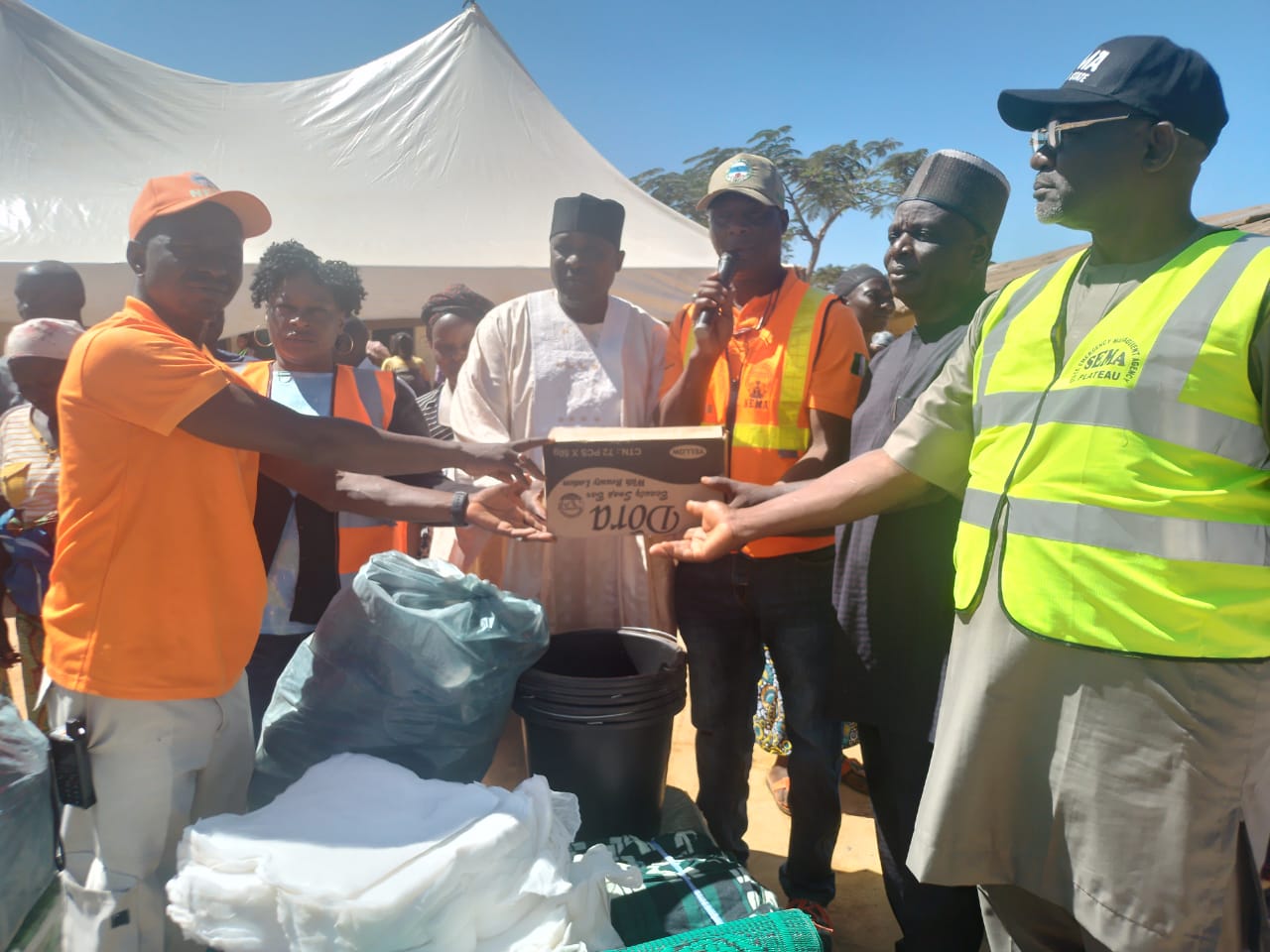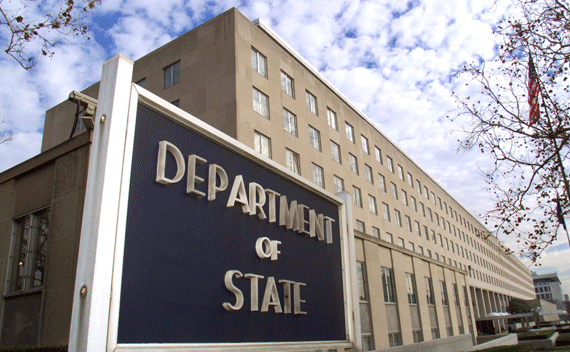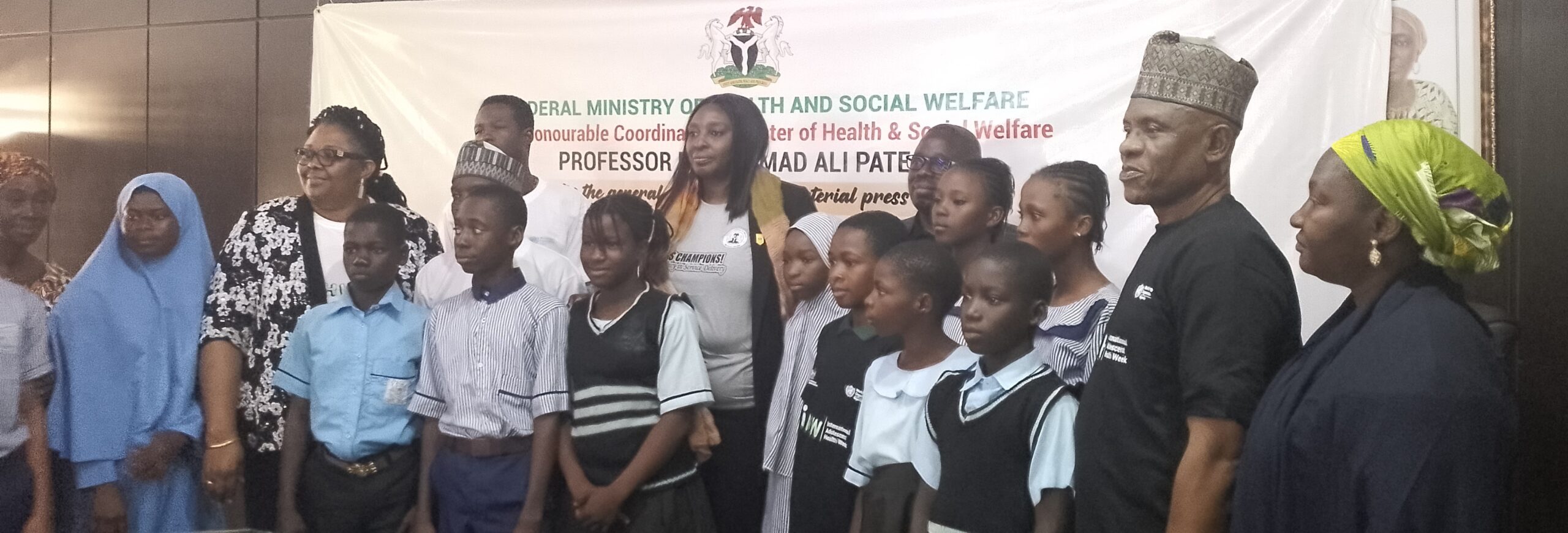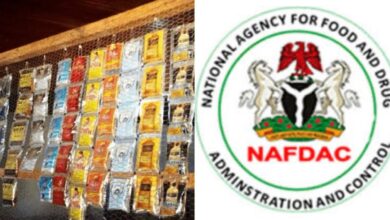
By Fatima Saka
Nigeria’s immunization program faces a critical funding crisis as key donors and international partners scale back support, raising concerns among stakeholders.
They emphasizied that the European Union (EU) has also expressed alarm over the shrinking fiscal space for healthcare funding, particularly for immunization, underscoring the urgent need for sustainable vaccine financing in Nigeria.

These concerns were highlighted at the Multi-Stakeholder Validation Workshop for the Rapid Investment Case and Economic Analysis for Immunization in Nigeria, in commemoration of World Health Day, held on Monday in Abuja. The event was organized by the Vaccine Network for Disease Control.
Urgent Need for Sustainable Immunization Financing
Mrs. Chika Offor, CEO of the Vaccine Network for Disease Control in Nigeria, lamented the dwindling international funding for immunization. She emphasized the necessity of making an economic case for sustainable immunization financing. “The USAID funding is practically gone,” she stated, urging stakeholders to focus on the economic benefits of vaccines.
During her address, Offor underscored the need to prioritize vaccine funding by evaluating its impact. “We must consider the economic benefits of vaccines. How do they affect Nigeria? How do they interrelate with other sectors? What are the social determinants involved? When we assess the tangible value of vaccines, we can make a stronger case for sustained investment.”
She reiterated that vaccines save both lives and money, calling on stakeholders to take the issue seriously. “The findings from today’s discussions will guide our advocacy efforts. Evidence-based advocacy is key to securing sustainable immunization financing,” she added.
Government’s Position on Vaccine Financing
Yahaya Oloriegbe, Technical Assistant to the Executive Director of the National Primary Health Care Development Agency (NPHCDA), highlighted the administration’s key agenda on vaccine financing. He identified three critical priorities:
1. Ensuring vaccines are available at all levels of the supply chain.
2. Maintaining proper storage conditions for vaccines.
3. Enhancing transparency and efficiency in vaccine distribution.
Oloriegbe warned that Nigeria is on the verge of exiting the Gavi IV Financing program, a crucial funding source for vaccines. He urged the country to explore alternative financing mechanisms to ensure continued immunization programs. “We must start looking inward for sustainable financing solutions,” he said.
Senator Dr. Ibrahim Yahaya Oloriegbe, Chairman of the National Health Insurance Authority, emphasized that investment in immunization is a vital preventive measure. “Many of us are alive today because of vaccines. We must continue investing in immunization to protect future generations,” he asserted.
The UNICEF Country Representative stressed the need for stronger cooperation between universities, corporate entities, and government agencies in healthcare investment. “We must consciously invest in immunization and think about innovative financing models. Our children are the future, and keeping them healthy should be a national priority,” he stated.
Call for Action
Civil society organizations (CSOs) also urged the government to increase public investment in immunization. “For every one Naira invested in immunization, we get a return of 44 Naira. Immunization reduces educational gaps, maternal and child mortality, and the workload on healthcare professionals,” a CSO representative stated.
READ ALSO: Vaccine Security: Stakeholders Call for Sustainable Vaccine Financing in Nigeria
Key Government Officials, Industry Leaders to Attend MARAN’s Forum
Stakeholders called for Nigeria to view immunization as an economic opportunity. “Instead of relying on external funding, we should establish vaccine production facilities within Nigeria to boost employment and economic growth,” they suggested.
The workshop ended with a unified call for urgent action to secure sustainable funding for immunization in Nigeria, ensuring that future generations remain protected from preventable diseases.





